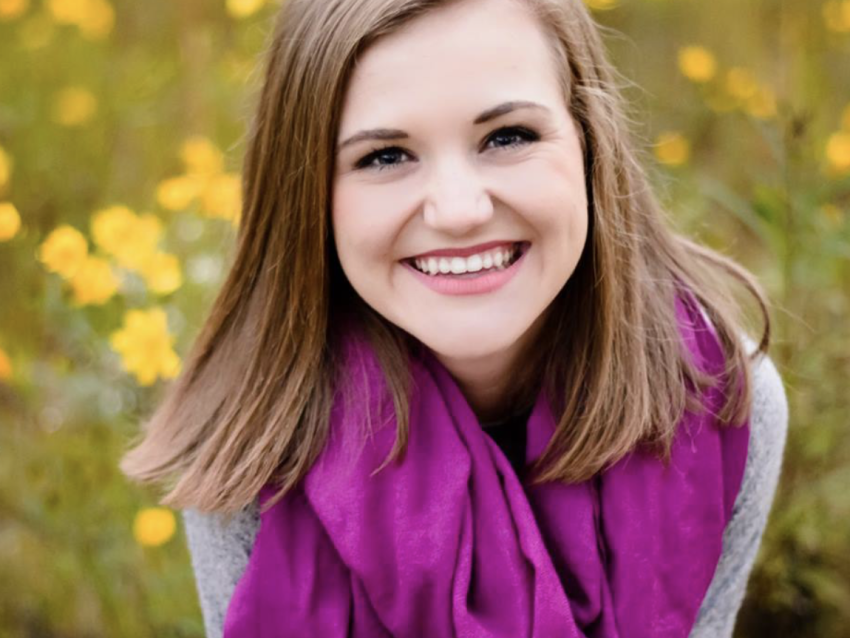
Summer Research Fellow Spotlight Anna McCowan
“It is known that the Appalachian region experiences a larger cancer burden than non-Appalachian regions. This symptom burden can be attributed to many factors, one of which being chemotherapy-related toxicities. For example, rural cancer patients going through treatments often experience emotional distress/mental health issues, particularly anxiety and/or depression. Other symptoms rural cancer patients experience include but are not limited to nausea, pain, loss of normal function, coughing, and fatigue. The L.A.U.N.C.H. project (Linking and Amplifying User-Centered Networks through Connected Health) has been studying rural cancer symptom self-management and monitoring using Community-driven and user-centered design methods. Through Innovation Studios in the L.A.U.N.C.H. project, an app prototype has been developed with the input of cancer patients, caregivers, community partners, and healthcare providers on what works and what does not work. Assessing the experiences of participants regarding chemotherapy-related toxicities in Southeastern Kentucky could help in alleviating the burden for rural patients in this region.”
Q: How did you first get interested in undergraduate research at UK?
A: "I first became interested in undergraduate research at UK when I talked to some of my upperclassmen friends who were really involved in research. I realized that it sounded like something I really wanted to be engaged in, so I looked at the College of Health Sciences research opportunities and discovered Dr. Chih had projects I was really interested in working on."
Q: How long have you been engaged in undergraduate research?
A: "I have been engaged in undergraduate research since Spring 2019."
Q: Describe what a typical day of remote summer research activity looks like for you. How does this differ from your pre-COVID research activity?
A: "A typical day of remote summer research activity involves a lot of emails, typing on the computer, and setting up meetings. Because my pre-COVID research activity was not lab-based, it really is not much different now than what I was doing before. A lot of research I have been a part of has been qualitative focus group style studies, so the meetings have just become virtual rather than in-person. "
Q: What has been the most exciting aspect of your research so far?
A: "The most exciting aspect of my research so far has been working on projects that are aimed at making a difference in Appalachia. Doing research with rural populations is something that means a lot to me, so I appreciate the goals that I have set in order to make a difference for this underserved group. I feel like I am making a difference. "
Q: What advice would you give to other UK students thinking about doing research?
A: "I would advise students to get involved as early as possible. I wish I had not waited as long as I did to get involved. UK has so many research opportunities available that students can get involved as early as Freshman year. If I could go back in time, this is something I would have done. "
The UK Office of Undergraduate Research's Summer Research & Creativity Fellowship program provides undergraduates with the opportunity to study in a wide variety of disciplines while doing intensive and self-directed research under the supervision of a faculty mentor.